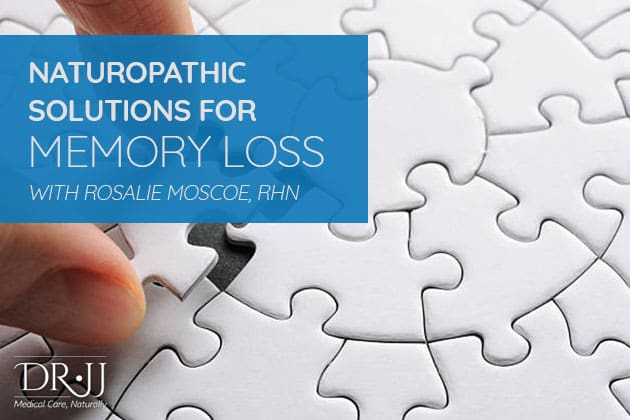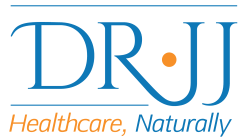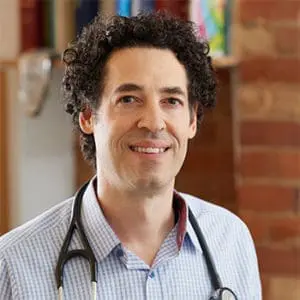
Your memory aids in an incredibly wide range of everyday tasks and activities.
On the one hand, it helps you with the more mundane tasks of daily living, such as remembering to brush your teeth or the date of your next doctor’s appointment.
On the other hand, your memory plays an integral role in the more meaningful moments of life, such as remembering birthdays and anniversaries, or your friends’ likes and dislikes.
So, you can see why memory loss poses such a significant issue.
Memory loss affects people of all ages.
According to Statistics Canada, approximately 2.3% of Canadian adults are living with some degree of memory impairment.
Unsurprisingly, it’s also one of the more common areas of concern amongst my patients.
Naturopathic medicine can provide effective solutions to combat memory loss.
Memory loss can negatively impact your relationships, work, and your enjoyment of life.
If you’ve noticed that you’re having trouble remembering dates or are often fumbling for words, it’s a good idea to have your memory looked at.
Early diagnosis and intervention for memory loss serves as your first line of defence.
My name is Dr. JJ, a naturopathic doctor located in Toronto, Ontario, and I can help.
Today, we’ll dive deep into the realm of memory loss and explore the role of naturopathic medicine in its prevention and intervention.
Nutrition With Rosalie Moscoe, RHN, RNCP
Exactly what role does nutrition play in memory loss?
To answer this question, I joined forces with Rosalie Moscoe to film a video surrounding nutrition and memory loss.
Rosalie is an accomplished holistic nutritionist who focuses on the various ways food can help control weight, reduce stress, and improve overall wellness.
Her experience and wisdom are invaluable resources on the inner workings of nutrition and memory loss, and hosting her was a real honour.
If you’re interested in watching the video, click on the following link:
The remainder of this article will focus on some of the questions and answers that we address in the video.
How Do We Know If We’re Starting To Lose Our Memory?
Have you ever forgotten a word or phrase?
Most of us have.
And for the most part, these brief memory lapses aren’t a cause for concern.
Lots of factors contribute to minor or brief episodes of memory loss.
For instance, mild forgetfulness is typically considered a normal sign of aging.
So, how do you know if your memory problems signify a deeper problem, such as dementia or Alzheimer’s disease?
Sometimes memory loss has a medical cause, but often it’s just that we’re rushing around too much and don’t focus on what we’re doing, making memory formation difficult in the first place.
In order to understand this phenomenon better, let’s look at some of the causes for memory loss, and some tips for undoing the damage.
What Causes Memory Loss?
A good working memory requires cooperation between several different parts of your brain.
Therefore, an issue pertaining to any one of these parts may lead to memory impairments.
Unsurprisingly, the list of possible causes for memory loss is extensive.
They include:
- Brain injuries or head trauma
- Brain tumors
- Cancer treatments, such as chemotherapy
- Lack of oxygen to the brain
- Brain infections, such as Lyme disease or syphilis
- Brain surgery
- Strokes
- Multiple sclerosis
- Dementia or Alzheimer’s disease
- Alcohol and drug use
- Certain medications, such as barbiturates
- Epilepsy
- Vitamin deficiencies
- Cooccurring health conditions, such as post traumatic stress disorder or other mental illness
At my clinic, I can help you determine the underlying causes of your memory loss.

Is Stress A Contributing Factor To Memory Loss?
Stress is one of the primary contributing factors to memory loss, and chronic stress is particularly damaging.
Chronic stressors, such as poor working environments, marital problems, money issues, or illnesses, significantly contribute to a decline in cognitive function.
RELATED: The Effects Of Stress
According to Montclair Memory Clinic, chronic stress damages areas of the brain necessary for memory, such as the hippocampus and prefrontal cortex.
When possible, I recommend lifestyle changes for stress relief.
Of course, that’s not always possible.
You can’t simply get rid of an illness or money worries.
In these scenarios, I help my clients adjust their stress response, such as by encouraging frequent exercise or other stress relieving activities.
RELATED: How To Reduce Your Stress, Naturally
What Can We Do To Improve Our Memory From A Nutritional Perspective?
Rosalie is incredibly skilled at helping people feed their brains with the right foods to get it working properly.
So, what type of nutrition does she recommend for memory and brain health?
For starters, you’ll want to load up on foods filled with antioxidants such as fruits, dark leafy greens, or any plant based food.
Additionally, vitamin B12 is incredibly important for brain health and memory.
Therefore, ensure you’re getting enough of this super vitamin in your diet, particularly if you’re a vegetarian or vegan.
RELATED: The Basics On Vitamins
Brain Exercises For A Cognitive Workout
Brain exercises are an excellent tool for the prevention of memory loss.
During our discussion, Rosalie shared that some of her patients and friends have good results with apps that promise a brain workout, brain training or a “brain gym”.
As well, she recommends learning a new skill or performing a new task you’ve never done before, such as learning a new language or instrument, or trying a new hobby or sport.
Lastly, completing complicated or taxing tasks, such as puzzles or crosswords, helps develop and strengthen cognitive function.
As always, make sure you’re focusing on the task at hand instead of becoming distracted or trying to multitask, and you should notice your memory improve.
Effects Of Sleep Deprivation And Social Contact On Cognitive Decline
While you sleep, your brain is busy processing all the information that it received throughout the day.
Without adequate sleep, this information stays uncategorized, floating around in your brain.
Ultimately, it becomes increasingly difficult to access this information later on.
With frequent lack of sleep comes difficult focusing, brain fog, and memory impairments.
Therefore, I can’t stress the importance of getting enough sleep enough.
Social contact is also crucial for your brain health.
As humans, we’re social animals with an intense need for community for optimal wellness.
This includes memory health.
Frequent social contact is particularly important for seniors, who commonly experience loneliness.
Good memory habits aren’t formed when we spend too much time in our own heads without talking or interacting with others.
So, go book a coffee date with a friend and watch your brain functioning improve.
Homocysteine Levels And Cognitive Decline
Rosalie also recommends getting your homocysteine levels checked the next time you’re at the naturopath.
Your homocysteine levels indicate how much inflammation you have in your body, which can lead to all kinds of issues, including depression and memory decline.
Holistic methods, such as proper eating and supplements, can help reduce this inflammation, which can be a telling indicator of cognitive decline.
Questions? Ask Dr. JJ
I hope this article synopsis of the video helped you understand memory loss and its prevention a little better.
If you have additional questions, or if this is an issue you’re dealing with and are looking for help, then you’ve come to the right blog.
At my clinic, I can help.
During your first appointment, we’ll work together to assess your health and explore how holistic medicine can improve it.
Book your appointment with me, Dr. JJ, today and take control of your brain health.
If you have questions about naturopathic medicine, or you’d like to take your first step into the world of naturopathy, contact me, Dr. JJ, and let’s book an appointment.
Yours in health,
Dr. JJ Dugoua, Naturopathic Doctor
600 Sherbourne St, Suite 315,
Toronto, ON M4X 1W4
-https://goo.gl/maps/6VDXwiCihRpDRo5A9
Dr. JJ Dugoua is a naturopathic doctor in Toronto and has a PhD in Pharmaceutical Sciences. His clinic provides solutions for many health concerns and has a special focus on thyroid health issues.


